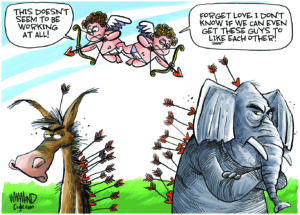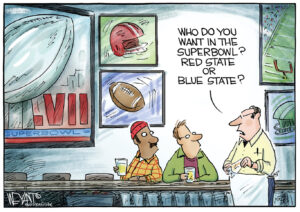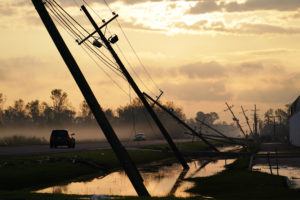The House Is in Play for Democrats
Throw conventional wisdom out the window, says the New York Times: Many seats in the House of Representatives that were once thought safe for Republicans have now become competitive races.Throw conventional wisdom out the window, says the New York Times: Many seats in the House of Representatives that were once thought safe for Republicans have now become competitive races.
Your support matters…N.Y. Times:
WASHINGTON, May 19 ? For months, even in the face of an avalanche of bad news for Republicans, Democratic ambitions for capturing Congress have collided with an electoral map created to protect Republicans from ouster. Despite polls showing rising support for Democrats and scorn for Republicans, analysts have said Democratic hopes for big gains remain remote, because so few seats are in contention.
That appears to be changing.
Over the past week, a handful of once-safe Republican Congressional seats have come into play, and other Republican incumbents are facing increasingly stiff re-election battles, according to analysts, pollsters and officials in both parties. The change amounts to a slight but significant shift in the playing field, and a potentially pivotal change in the dynamics of this midterm election.
In a Republican primary in Pennsylvania on Tuesday, Representative Don Sherwood drew 56 percent of the vote against a little-known challenger, a display of weakness in a race that both parties now see as being in play.
Independent journalism is under threat and overshadowed by heavily funded mainstream media.
You can help level the playing field. Become a member.
Your tax-deductible contribution keeps us digging beneath the headlines to give you thought-provoking, investigative reporting and analysis that unearths what's really happening- without compromise.
Give today to support our courageous, independent journalists.






You need to be a supporter to comment.
There are currently no responses to this article.
Be the first to respond.